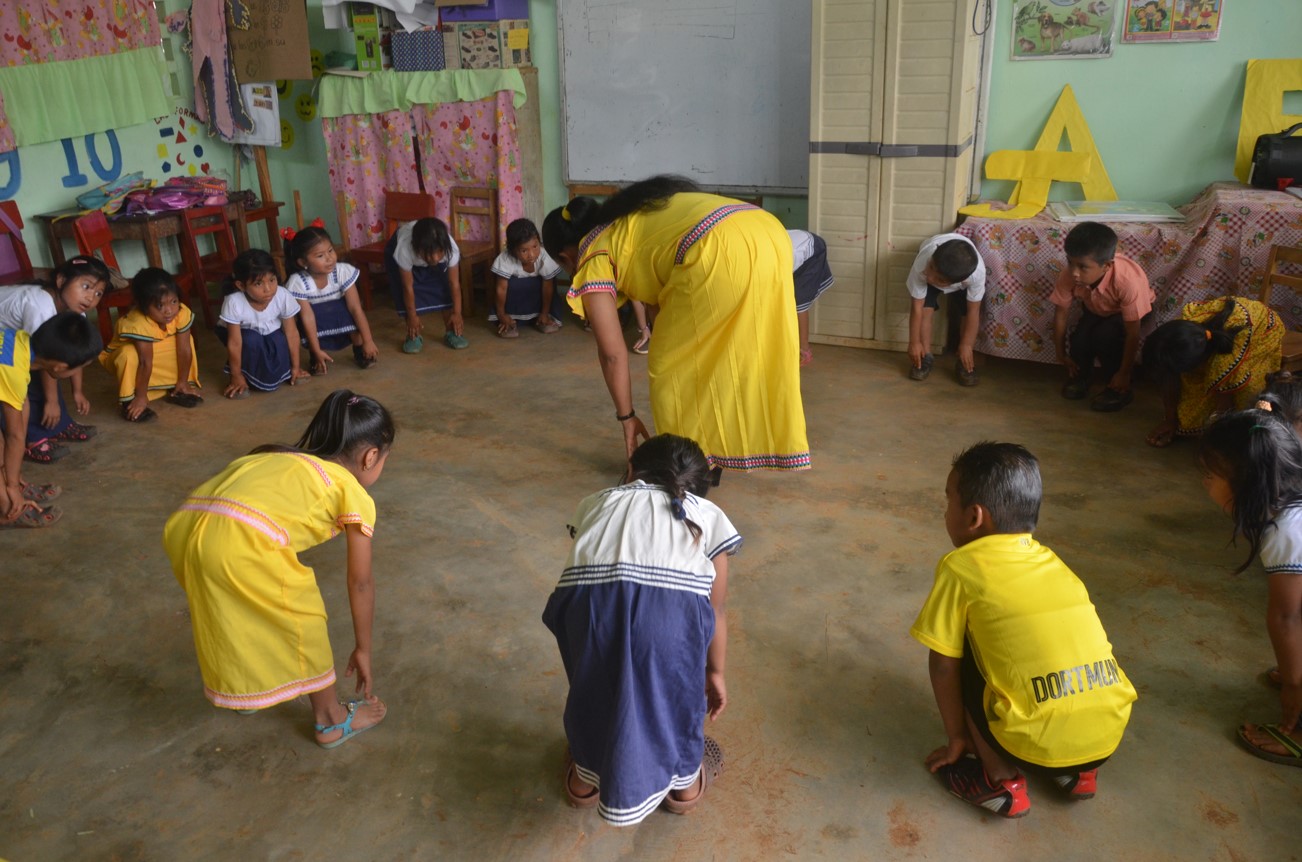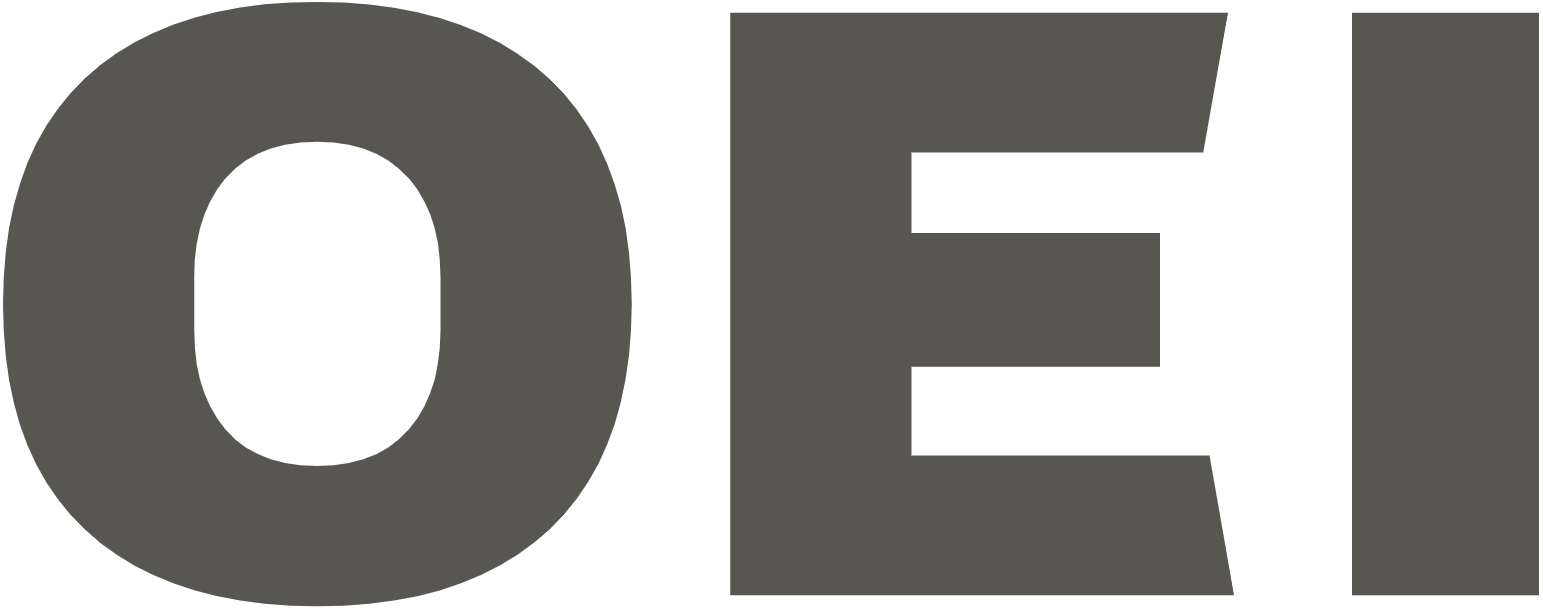Applying Culture to Mathematics: A Bilingual Mathematics Program to Improve Skills of Indigenous Preschool Students in Panama

USING RESULTS
Panama’s Ministry of Education is using results to scale up a successful bilingual mathematics education program for indigenous preschool students.
JADENKÄ is an intercultural bilingual preschool mathematics program in Panama for indigenous Ngäbe children that incorporates cultural application of mathematics — known as ethnomathematics [1] — of the Ngäbe people into the national curriculum. An IPA evaluation found that JADENKÄ had a beneficial impact on students’ mathematics skills and ethnomathematics skills, improved students’ and teachers’ understanding of Ngäbe culture and heritage, and improved the quality of classroom instruction. The Ministry of Education of Panama is using these results to adapt and pilot JADENKÄ to further reach preschool children of diverse ethnic groups across the country. Based on the findings from the evaluation, the program was awarded the 2023 Khalifa Internal Award for Early Learning, brining international attention to the importance of high quality intercultural bilingual education in early education.
The Challenge
Throughout Latin America, significant learning gaps exist between indigenous students and their peers. In the regional learning assessment exam for third grade and sixth grade students — TERCE — indigenous students scored consistently below non-indigenous students. [2] Research suggests a number of factors contribute to lower achievement scores, including higher degrees of social vulnerability, attendance at more vulnerable schools, and earlier repetition of schools. Part of this social vulnerability for indigenous students includes contending with differences between how they learn a subject in a national curriculum and how their culture uses it. In particular, mathematics has demonstrated unique applications and concepts for indigenous cultures (and individual cultures more broadly) that differ from western methods taught in Latin American schools.
The Evidence
In Panama, from 2018 to 2019, researchers in partnership with IPA evaluated JADENKÄ, an intercultural bilingual mathematics program for indigenous Ngäbe preschool students created by the Ministry of Education in Ngäbe-Bugle province (comarca). JADENKÄ uses interactive radio instruction with audio lessons in Ngäbe and Spanish centered on singing and dancing to spark students’ interest in mathematics. This program design was inspired by the Tikichuela program in Paraguay that successfully used interactive radio instruction to improve Guaraní- and Spanish-speaking preschoolers’ mathematics skills. To develop lessons for JADENKÄ, Ngäbe elders and an expert in Ngäbe mathematics were recruited to blend Ngäbe customs and its application of mathematics with the national preschool mathematics curriculum.
Students in schools that participated in the JADENKÄ program experienced increases in mathematics skills by .12 to .18 standard deviations, similar to other bilingual mathematics preschool programs in low- and middle-income countries. Ethnomathematics skills increased more, by .23 standard deviations, with the highest effects among students who spoke Ngäbere, Ngäbere and Spanish, and whose teacher identified as Ngäbere-speaking.
Ngäbe students also experienced increases in engaging with their cultural identities. Non-Ngäbe teachers in JADENKÄ knew more about Ngäbe culture and ethnomathematics than non-participating teachers. These classrooms exhibited more varied discussions, taught more difficult mathematics content, and improved student and teacher attitudes toward mathematics.
The Impact
In response to these positive findings, and with support from the Inter-american Development Bank (IDB) and the Organization of Ibero-American States (OEI), Panama’s Ministry of Education is scaling up JADENKÄ. The program will continue to provide service to the original schools in Ngäbe-Bugle comarca and will be piloted to 500 education centers across the country.
Watch a video of researcher Emma Naslund-Hadley speak about the findings of the JADENKÄ evaluation.
Watch a video in Spanish from AJ+ reporting the impact of JADENKÄ.
Sources
1. Ethnomathematics is “the mathematics which is practised among identifiable cultural groups… Its identity depends largely on focuses of interest, on motivation, and on certain codes and jargons which do not belong to the realm of academic mathematics.” D'Ambrosio, U. (1985). Ethnomathematics and its place in the history and pedagogy of mathematics. For The Learning of Mathematics, 5(1), 44–48.
2. United Nations Educational, Scientific, and Cultural Organization. Inequality in learning achievement among indigenous students in Latin America: evidence from the Third Regional Comparative and Explanatory Study of Latin-American Laboratory for Assessment of the Quality of Education (LLECE). Santiago, CL: UNESCO, 2020.
Partners















